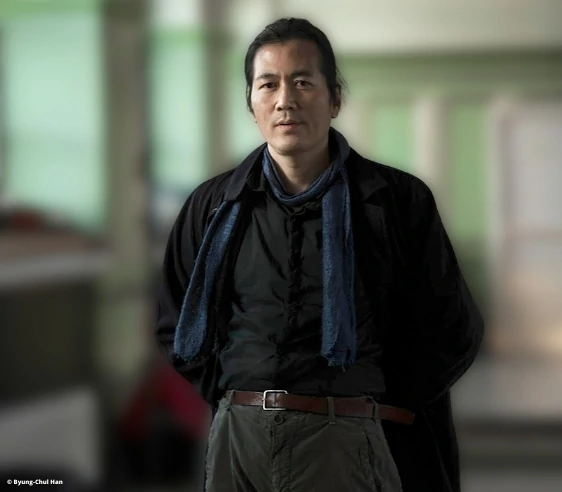Main content
2025 Princess of Asturias Award for Communication and Humanities

Byung-Chul Han
2025 Princess of Asturias Award for Communication and Humanities
Considered one of the most prominent contemporary philosophers, Byung-Chul Han has above all dedicated his thinking to what he calls the “burnout society” (Müdigkeitsgesellschaft) and the “transparency society” (Transparenzgesellschaft), as well as to the concept of shanzhai, a neologism with which he identifies the modes of deconstruction in the contemporary practices of Chinese capitalism.
End of main content
